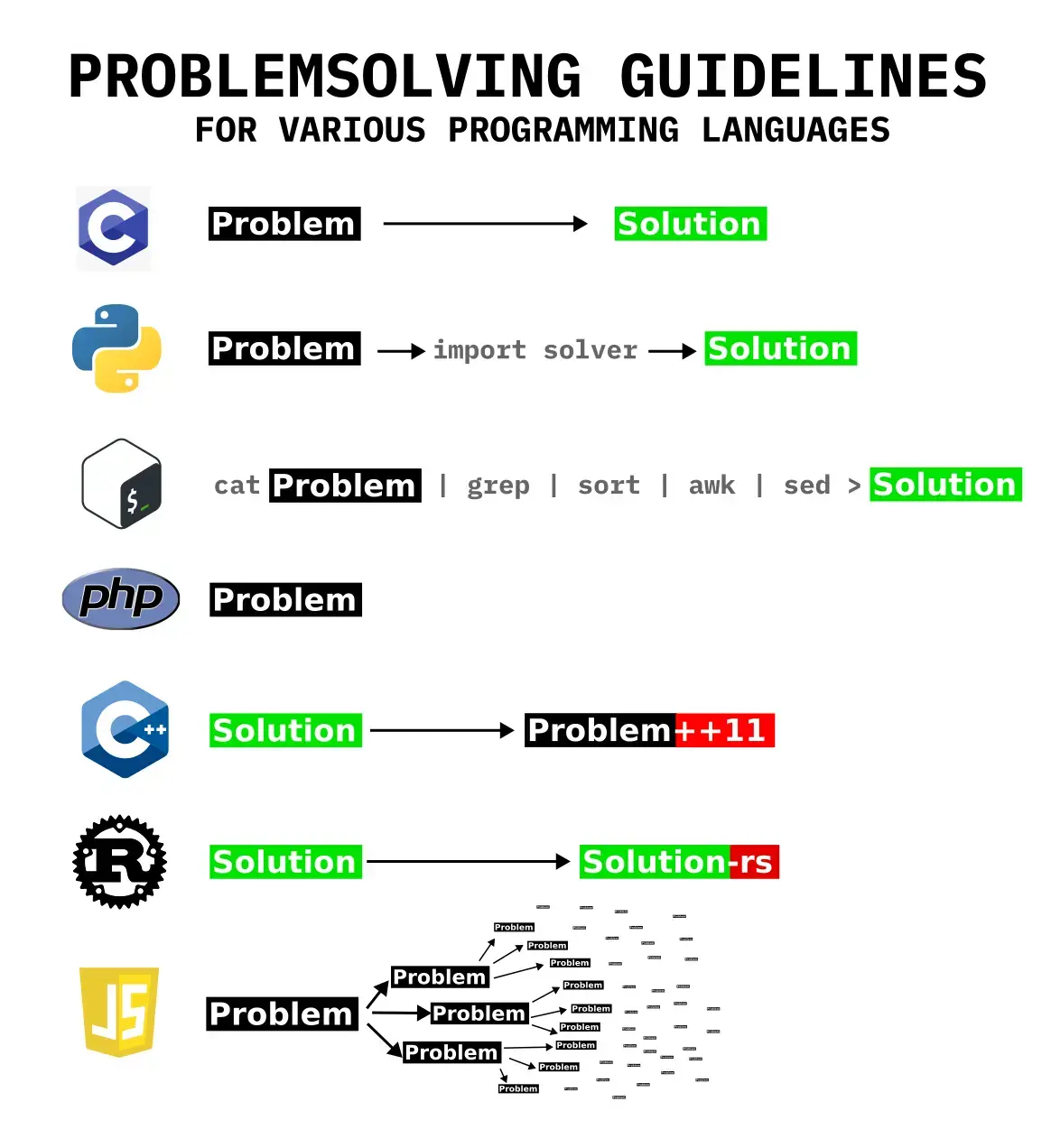I unknowingly downloaded some software from there when I was a kid, and, from what I remember, it came bundled with some sort of update manager or something. Even if it's not outright malware, I would wager most people who are looking to download logitech's utility don't want some irrelevant third-party garbage on their system. So AT BEST it's crapware / bloatware
renzev
Thanks for the tip! I use startpage already, it's pretty good. From what I understand, it uses Google's search index under the hood.
There's also Brave search which (claims to be) privacy friendly and (claims to) have their own independent search index, so you could give that a try as well. I wouldn't say it's better that startpage or google tho
YAML is good for files that have a very flexible structure or need to define a series of steps. Like github workflows or docker-compose files. For traditional config files with a more or less fixed structure, TOML is better I think
yes.
Do these things correlate that much tho? Not to toot my own horn, but I am fairly tech-proficient and have terrible typing skills. My technique is somewhere in between hunt-and-peck and touch-typing, despite regular typing lessons in elementary school. I imagine a lot of other people are like this, and vice-versa as well.
Please don't. If you need something like json but with comments, then use YAML or TOML. Those formats are designed to be human-readable by default, json is better suited for interchanging information between different pieces of software. And if you really need comments inside JSON, then find a parser that supports // or /* */ syntax.
Never knew that ddg had an LLM, will check it out. Thanks!
zipped xml!
I’m sorry which LLM is this?
It's perplexity.ai. I like it because it doesn't require an account and because it can search the internet. It's like microsoft's bing but slightly less cringe.
How’d you get that out of it?
The screenshot is fake. I used Inspect Element.
I don't mind people making and sharing AI pictures for fun, but if you sell those pictures, that's kinda cringe tbh.












Unpopular opinion: dead internet is not only real, but GOOD. Once robots get good enough to autonomously sign up for websites and make convincing posts, this will force us humans to go actually outside, make friends, form deep social relationship, and build lasting, resilient communities. Meanwhile on the internet, websites that are willing to allow AI content for money will eventually die out due to lack of actual users. The only remaining websites will be run by individuals and organizations with non-profit motives, and a strict human-only policy with verification based on word-of-mouth / invite system.